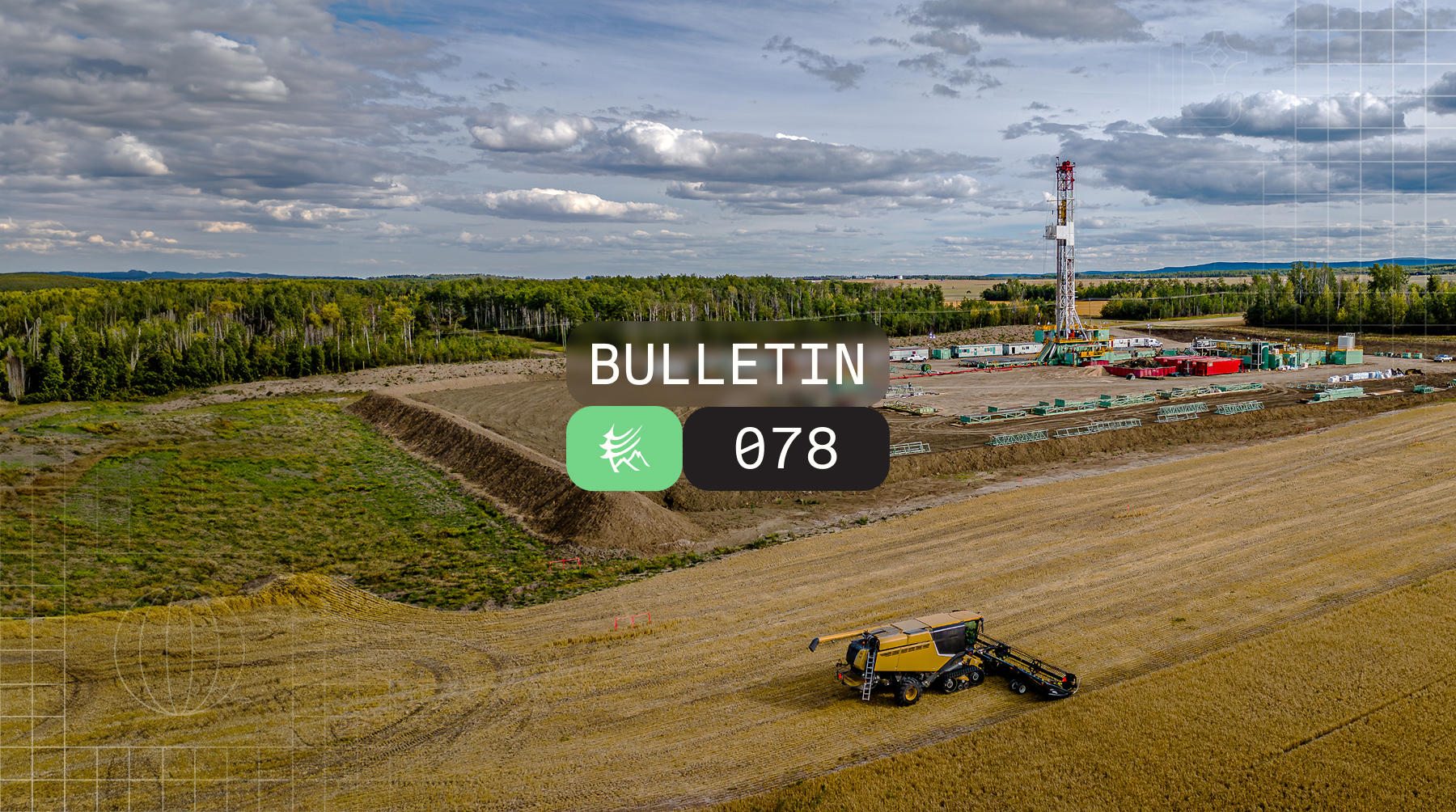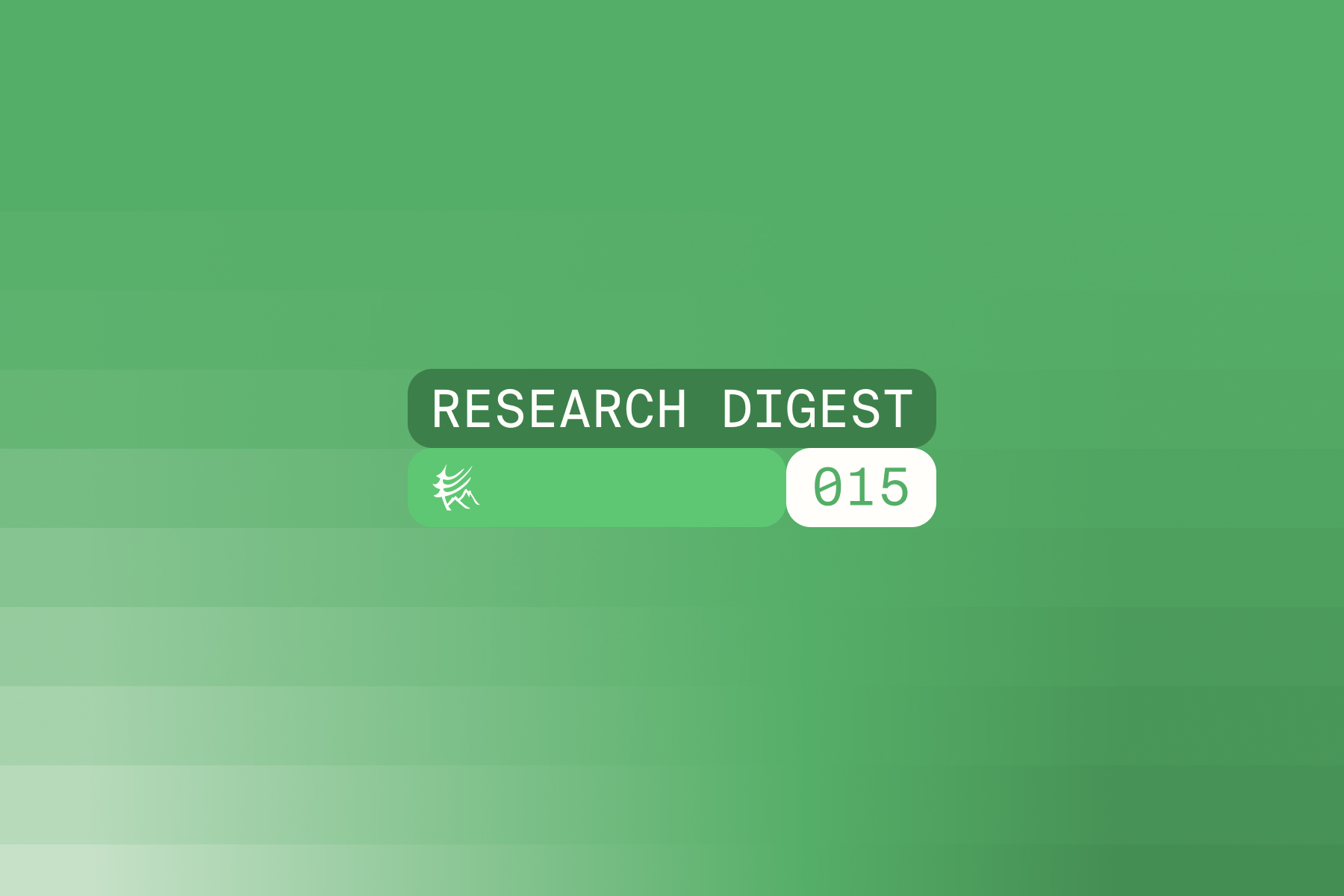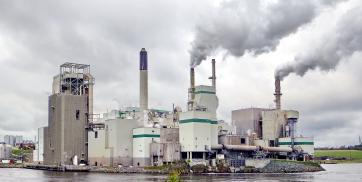Why OGMP 2.0?
130 oil and gas companies with assets in over 70 countries.
38% of global oil and gas production.
80% of LNG flows.
What is the common link?
The Oil and Gas Methane Partnership 2.0 (OGMP 2.0).
OGMP 2.0 is the United Nation’s (UN) flagship oil and gas methane reporting framework for methane emissions in Oil and Gas that requires the collection and reporting of measurement informed inventories (MII) derived from methane measurements. OGMP 2.0 is one of 24 voluntary initiatives available to the energy industry across the supply chain. As outlined in Highwood’s Voluntary Emissions Reduction Initiatives in 2023, there has been a steady uptake rate in most of these initiatives, with OGMP 2.0 seeing the largest increase in participation year-over-year. From 2022 to 2023, participation in OGMP 2.0 increased by 86%, well beyond what any other single voluntary initiative saw.
Why OGMP 2.0?
As concerns about climate change and greenhouse gas emissions continue to escalate, joining OGMP 2.0 presents numerous compelling reasons for companies to align themselves with best practices and contribute to a more sustainable future.
Alignment with the UN = Global Credibility
OGMP 2.0 is aligned with the United Nations Environment Programme (UNEP) Sustainable Development Goals. These 17 goals were adopted by all 193 UN member states in 2015. The goals represent a global pledge to end poverty and inequality, promote sustainable development, and foster climate stability.
Stakeholders, including investors, customers, and communities, increasingly prioritize sustainability and expect companies to take tangible actions. Being a part of a globally recognized initiative like OGMP 2.0 demonstrates proactive efforts towards environmental responsibility, which can lead to enhanced trust and positive relationships with stakeholders. By participating in OGMP 2.0, companies signal their dedication to reducing methane emissions, which is crucial in mitigating the impact of climate change.
Measurement Informed Inventory (MII)
An MII is an emissions inventory that leverages company-specific data and does not rely exclusively on generic assumptions. Emission inventories have commonly been based on generic emission factors. These factors facilitate an estimation of emissions from various sources and in most cases are averages of all available data of acceptable quality. They have generally been assumed to be representative of long-term averages for common sources.
Most MIIs do not require exclusive use of measurements but encourage operators to minimize use of generic inputs. The goal of an MII is to improve confidence and defensibility of CH4 emission estimates and prioritize emissions mitigation efforts. OGMP 2.0 (Level 4) is an MII in which company-specific measurements, engineering estimates, and/or simulations are used at the source level for material sources. The state of Colorado will be the first regulatory jurisdiction to require Measurement Informed Inventories.
Regulatory Compliance and Risk Mitigation
As governments worldwide enact stricter regulations and policies regarding methane emissions, participating in OGMP 2.0 helps companies stay ahead of regulatory requirements. Proactively addressing methane emissions not only ensures compliance, but also mitigates regulatory risks and potential penalties. By integrating OGMP 2.0 guidelines into their operations, companies can navigate evolving regulatory landscapes more effectively and stay ahead of regulatory requirements, across both state and federal borders.
As an additional point of validation, it is worth noting that OGMP 2.0 aligns well with the recently released Veritas protocols (Pathway 3). Sponsored by 40+ US companies, Veritas is a standardized measurement-informed approach to calculating methane emissions.
Driving Operational Excellence and Cost Savings
Efforts to reduce methane emissions often lead to operational improvements and cost savings for companies. Implementing technologies and practices for methane detection, monitoring, and control can optimize processes, minimize waste, and enhance overall operational efficiency. Additionally, reducing methane emissions can result in lower operational costs, such as reduced energy consumption and improved asset performance.
Joining OGMP 2.0 provides companies with access to a wealth of knowledge, best practices, and technical expertise related to methane emissions reduction. Collaborating with other industry leaders and experts within the partnership facilitates the sharing of innovative solutions, technologies, and strategies for more effective methane management. This access can catalyze internal initiatives and improve operational efficiency in emission reduction efforts.
Participating in OGMP 2.0 is a strategic decision that offers multifaceted benefits to companies operating in the energy sector. From demonstrating commitment to climate goals and enhancing reputation to accessing expertise, ensuring regulatory compliance, driving operational excellence, and contributing to global sustainability efforts, the rationale for joining OGMP 2.0 is compelling and aligns with the evolving expectations of stakeholders and society at large.
How Highwood Helps
Whether you are thinking about OGMP 2.0, or already committed, Highwood can help you plan your path to Gold with confidence.
Stay tuned for part 2 (“Should we Join OGMP 2.0?”) and part 3 (“We’ve joined OGMP 2.0, now what?”) of this mini-series to learn more. In the meantime, check out Highwood’s OGMP 2.0 services or contact us to set up a brief chat.





